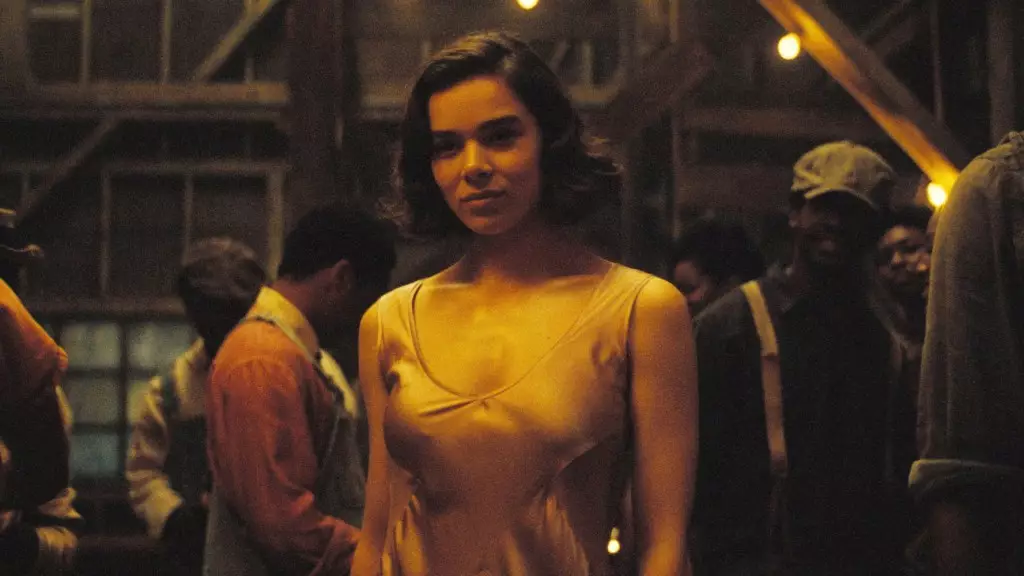In her latest cinematic endeavor, Hailee Steinfeld doesn’t just play a character; she embodies a transformative narrative that seeks to bridge the gap between past and present. Cast as Mary, a multi-racial vampire in the upcoming horror film *Sinners*, Steinfeld’s performance is far more than mere entertainment. It taps into the collective consciousness of the audience, resonating with themes of identity, race, and the supernatural weight of family histories. The Oscar nominee reflects on how this role has raised pivotal questions for her, prompting viewers to confront their own heritage while watching.
As a part-Black and part-Filipino actress, Steinfeld recognizes the significance of representation in storytelling. Her connection to Mary—a character steeped in the complexities of multi-racial identity—serves as a poignant reminder of the ongoing struggles many face in an era still riddled with racial tension. In her words, understanding and portraying this character became more than just acting; it was a deeply personal journey that influenced her understanding of her own family history. This connection transcends the simplistic notion of racial identity, urging the audience to reflect on their own roots and the legacies that shape us.
The Artistic Vision of Ryan Coogler
Director Ryan Coogler’s vision for *Sinners* is steeped in personal pain, bringing an authentic emotional core to the film. His backstory, marked by the loss of his Uncle James, reveals how familial bonds can inspire artistic expression and create narratives that feel both haunting and illuminative. Coogler’s experience growing up listening to blues music with his uncle channels deep-rooted cultural elements into *Sinners*, making the work not just a horror film but an intricate dialogue about life, death, and the vestiges of memory.
This artistic decision to intertwine the blues genre with supernatural horror serves not only as a vehicle for storytelling but also as a means of celebrating African American culture. The blues is inherently tied to themes of strife and resilience, echoing the existential struggles faced by the characters. The correlation between soulful music and the challenges of identity can forge a heartfelt bond among the audience, highlighting the very real historical traumas that can still haunt modern lives.
Transformation in a Horror Context
What makes *Sinners* particularly striking is not merely the setting in 1930s Mississippi or its vampire lore but rather the emotional undercurrents that run through it—a concoction of pain, heritage, and reconciliation with the past. As Steinfeld explores her character’s journey, it prompts viewers to consider how our individual pasts inform our present identities. The supernatural evil lurking within the narrative becomes a metaphor for the unresolved issues of history, one that cannot simply be ignored or eradicated.
This film emerges as a crucial piece in contemporary cinema, representing a shift toward narratives that embrace complexity rather than simplicity. By confronting the ghosts of the past through a horror lens, Coogler and Steinfeld make an impactful statement. They invite the audience to not just spectate but engage with the deeper messages woven throughout the chilling tapestry of *Sinners*. In doing so, they elevate the genre, transforming horror into a platform for healing, dialogue, and ultimately, understanding.

